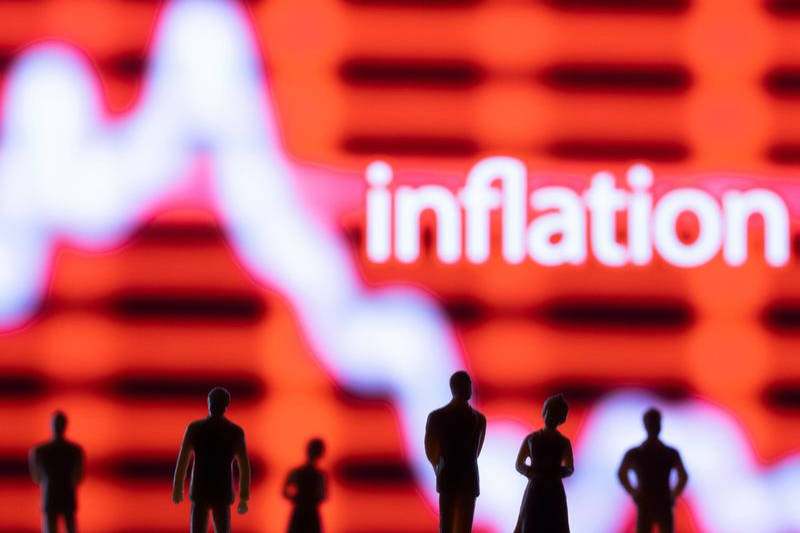Investing.com -- Despite increased inflation concerns, tariffs are likely to persist in the U.S., as outlined by UBS Chief Economist Paul Donovan.
Voters' concerns about inflation were pivotal in recent U.S. elections, with many attributing personal hardship to rising prices.
However, according to Donovan, this perception may not deter the U.S. from imposing tariffs, as the immediate economic and political factors suggest continued momentum toward protectionist policies.
Tariffs inherently add costs to imported goods, with the impact eventually reaching American consumers.
When a tariff, for instance, imposes a 20% tax on an imported item, its final price in stores might only reflect an 8% increase.
This less dramatic impact on shelf prices is because tariffs apply solely to the point of import.
As products move along the supply chain, some of the cost increase is mitigated by adjustments in profit margins and other distribution costs, making these increases less conspicuous to consumers.
Moreover, the effect of tariffs is particularly muted on infrequently purchased items, such as consumer durables.
Inflation perceptions are disproportionately influenced by the prices of frequently purchased goods like food and gasoline, which are often domestically produced and less affected by tariffs.
This disconnect may mean that while tariffs contribute to inflation in the aggregate, they do so in ways less likely to stoke broad political backlash.
Consequently, while tariffs do raise prices, they may do so without strongly impacting the politically sensitive aspects of inflation perception.
There is no indication that tariffs will be reined in purely by inflation concerns in this context. According to UBS, policy decisions under leaders with protectionist agendas are likely to be influenced by political motives.
Despite how tariffs will increase inflationary pressure, the structural nuances of how tariffs affect consumer prices are likely to prevent inflationary fears from deterring trade measures, for now.
